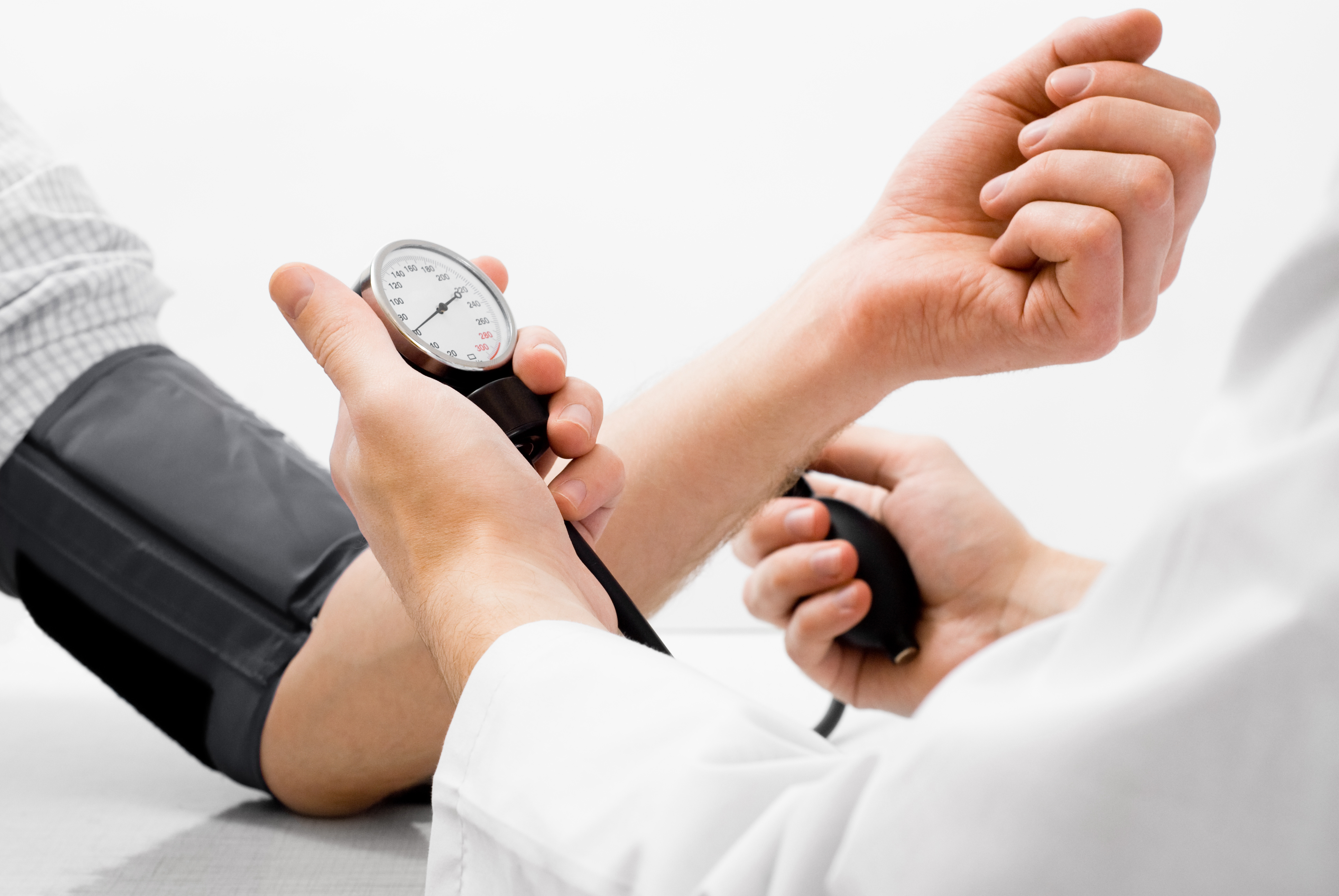Blackwater Law medical negligence solicitors represented Mr Shaw after doctors ignored a blood test which led to necrotising fasciitis and sepsis.

PAs play a role in reducing wait times and increasing access to medical expertise. This article explores the role of PAs, and how they differ from traditional doctors.
Physician Associates (PAs) are becoming more and more commonplace in the modern NHS healthcare system, taking on a range of responsibilities whilst assisting nurses and doctors.
The use of PAs in the NHS has received a mixed reception. Some articles highlight the positive impact of PAs in reducing waiting times and improving access to care. Others raise concerns about the potential for PAs to replace doctors or about the level of supervision they receive.
While not a direct replacement for doctors, PAs play a vital role in reducing wait times and increasing access to medical expertise.
What does a Physician Associate do?
PAs are medical professionals who work under the supervision of a doctor. Their duties can encompass a wide range of tasks, including:
- Performing patient examinations
- Taking medical histories
- Ordering and interpreting diagnostic tests
- Developing treatment plans in collaboration with doctors
- Prescribing medications
- Providing patient education and counselling; and
- Assisting in surgery
The specific responsibilities of a PA will vary depending on their area of specialisation and the healthcare setting. PAs can work in various environments, including:
- General practice (GP) surgeries
- Hospitals
- Urgent care centres
- Specialist clinics

What qualifications does a Physician Associate need?
To become a PA in the UK, individuals must complete a Master’s degree in Physician Associate Studies (MPAS). This two-year postgraduate programme equips students with the necessary medical knowledge and clinical skills. The MPAS curriculum typically covers:
- Anatomy and physiology
- Pharmacology
- Diagnosis and disease management
- Clinical skills development
- Communication and ethics
Following graduation, PAs must successfully complete a national qualifying exam and register with the Physician Associate Faculties (PA Faculties) to practice.
Is a Physician Associate a doctor?
While PAs share some responsibilities with doctors, they are not doctors themselves. The path to becoming a doctor in the UK involves a longer and more in-depth training process, typically lasting at least five years after medical school. Doctors have a broader scope of practice and can work independently without supervision.
When might you see a Physician Associate?
You may encounter a PA during a routine GP visit, where they can handle tasks like examinations, referrals, and prescriptions. In hospitals, PAs might support doctors in surgery, manage patient care on wards, or assist in specialist clinics.






